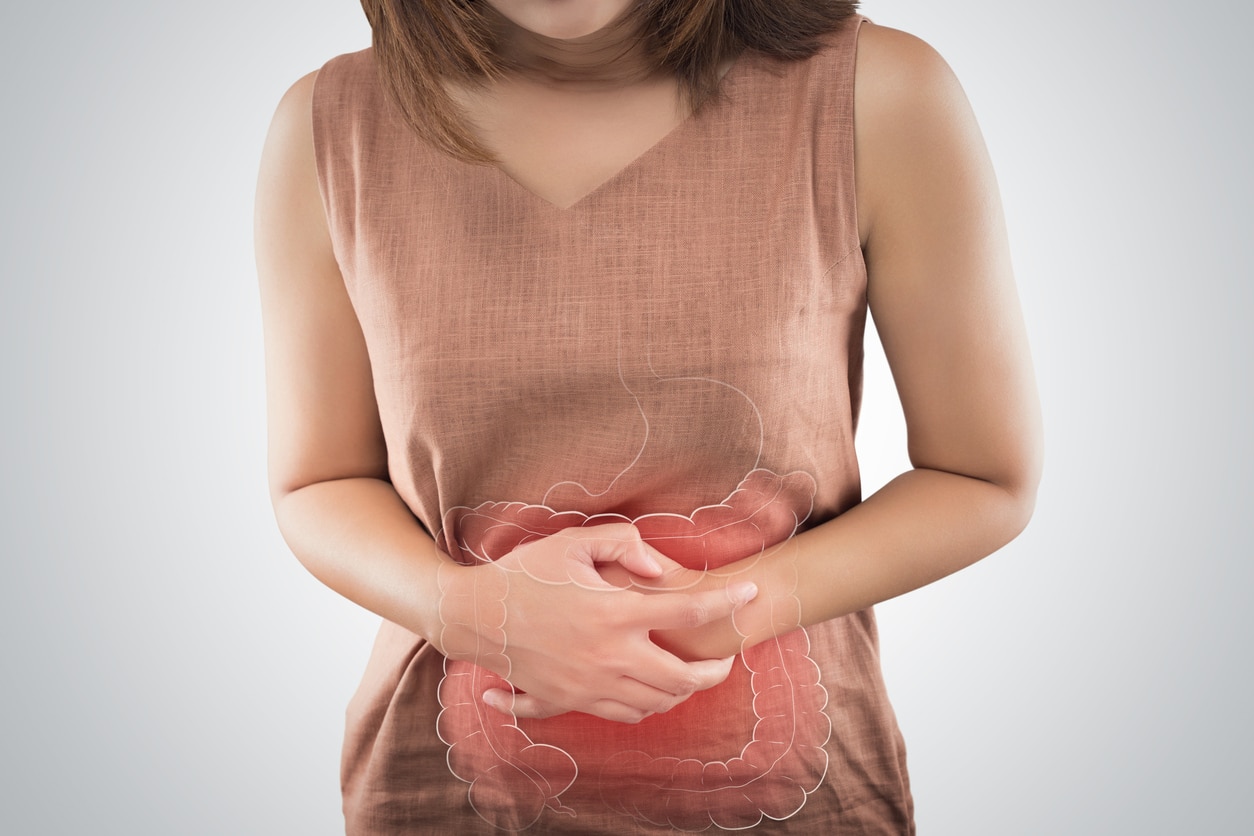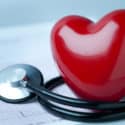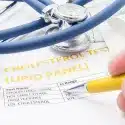
What is acid reflux?
What is acid reflux? MainStreet Family Care is here to help you understand the condition including symptoms, diagnosis, and treatment.
Often commonly referred to as acid reflux, gastroesophageal reflux (GER) is the official name for the condition. It is caused when the muscle that lets food into the stomach malfunctions, sending stomach content and hydrochloric acid up the esophagus. Your stomach has a special lining that protects it from this acid; however, your esophagus does not. This contributes to the feeling of heartburn.
Acid Reflux Symptoms
GER can be a painful condition, especially if you suffer from it regularly. Most people report having these symptoms:
- Upper abdominal chest pain
- Heartburn after eating
- Heartburn while lying down
- Backwash of liquid or food
- Trouble swallowing
Causes Of Acid Reflux
Aside from the malfunction of the esophageal sphincter, other factors can cause heartburn.
Lifestyle Factors
Portions of your lifestyle may be the cause of frequent acid reflux. Conditions that contribute include:
- Obesity
- Pregnancy
- Lack of exercise
- Medication
- Smoking
Dietary Factors
Have you ever eaten something and experienced intense heartburn shortly after? Some foods can cause these symptoms. Some of the most common foods known for causing the condition include:
- Spicy foods
- Onions and garlic
- Fatty foods
- Alcohol
- Tomatoes
- Chocolate
- Carbonated drinks
- Juices with high acid content
- Caffeine
Besides the food you eat, how you consume your food can trigger reflux symptoms. For example, eating too fast, too much, or lying down after a large meal can directly contribute to acid reflux.
Other Complications
If you experience acid reflux frequently, you may have other complications arise. The following complications are most common:
- Esophagitis
- Strictures
- Barrett’s Esophagus
Gastroesophageal Reflux Disease (GERD)
The most common warning sign that you have Gastroesophageal Reflux Disease (GERD) is frequent acid reflux. GERD is an extremely common condition and is often seen in women. Generally, if you have reflux symptoms more than twice a week regularly, your medical provider may diagnose you if you are having symptoms of GERD.
How Is It Diagnosed?
Typically, the condition is self-diagnosed; however, in more severe cases, you may need to see a medical provider to be officially diagnosed and treated. In extreme cases, medical providers may perform an endoscopy or biopsy to rule out other medical conditions.
What Are The Treatment Options?
Many adults suffer from acid reflux, so many treatment options are available. At-home treatments are extremely common, but your medical provider may prescribe other medications to help with it.
At MainStreet Family Care, we offer diagnosis treatment in our primary care services and would love to help you heal and feel better, fast!
Here are some of the common treatment methods:
- Antacids
- H2 Blockers
- PPIs
- Alginate Antacids
- Fundoplication (a procedure recommended in unresponsive cases of GERD)
Turn To MainStreet Family Care
Do you suffer from frequent acid reflux or GERD? MainStreet Family Care is here to help! Sign up for primary care, and we’ll handle the rest.
Primary Care at MainStreet Family Care
If you or a loved one are dealing with symptoms of heartburn, our primary care services can help you diagnose, treat, and manage the condition.
To get started, all you have to do is signup for our primary care patient portal online. Then, schedule your first appointment.
We are open 7 days a week, take most major insurance plans (including Medicaid), and can often see you same or next day!
Sign Up Now!
Step 1: Signup for the Patient Portal
Step 2: Schedule Your First Appointment
Register New Patient Portal Account
If you already have a portal account, simply log in.






